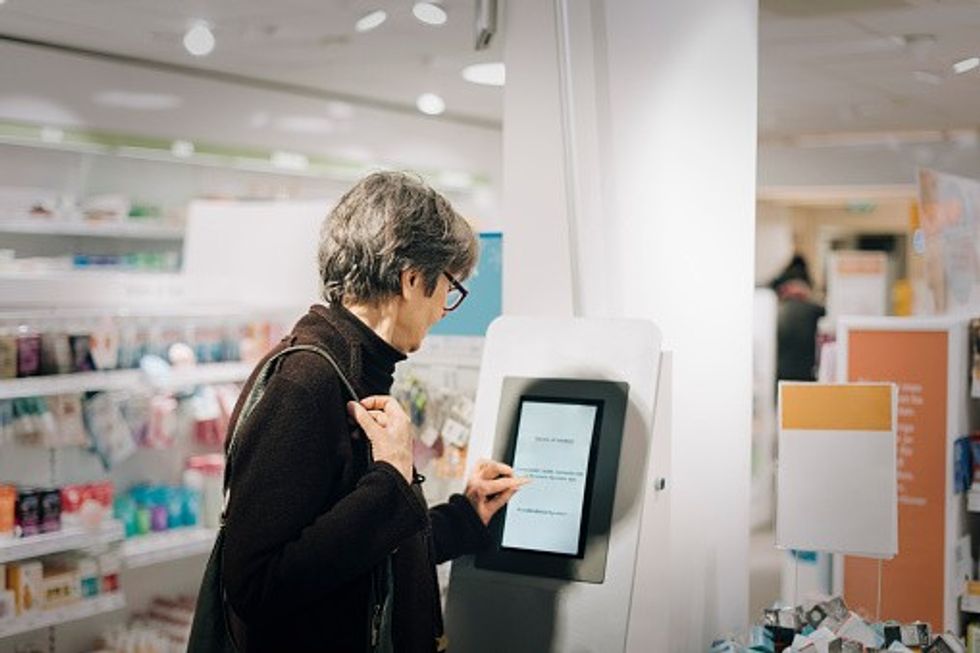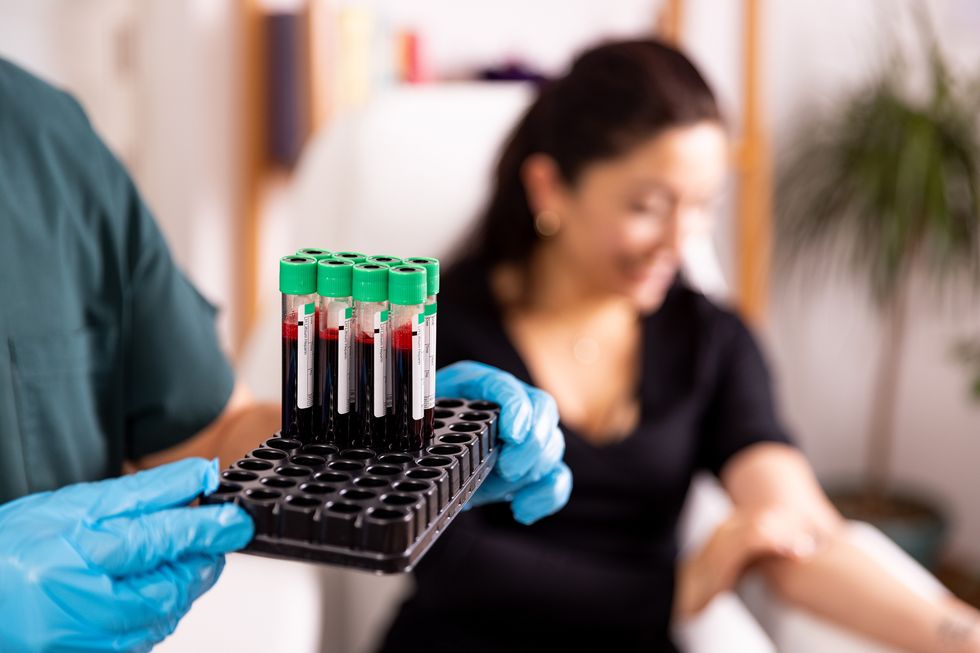CPTPP membership could attract more suppliers to the UK market, thereby reduce drug shortage risks and lower prices - says BGMA chief executive Mark Samuels
Last month, the UK secured the final ratification required to join the Comprehensive and Progressive Agreement for Trans-Pacific Partnership (CPTPP), marking a significant milestone in its international trade relations.
The deal, set to come into force by 15 December 2024, will establish the UK as part of a free trade area spanning five continents and nearly 600 million people.
With more than 99 per cent of UK goods exports to CPTPP members becoming tariff-free, the agreement is poised to boost exports and contribute to the government’s goal of driving economic growth.
In an exclusive interview with Pharmacy Business, Mark Samuels, chief executive of the British Generic Manufacturers Association (BGMA), discussed the impact of the UK’s accession to CPTPP on the pharmaceutical sector, particularly for generic medicine manufacturers.
“In many respects, the UK’s accession to CPTPP will not immediately impact medicine manufacturers,” Samuels said.
“CPTPP had already set out the regulatory, intellectual property (IP) and market access rules in the other 11 member countries, and the UK has already worked to the standards framework in the agreement.”
However, Samuels highlighted that CPTPP membership will provide UK manufacturers with greater transparency and clarity regarding regulatory practices in other member countries.
“The biggest benefit will be the enhancement of visibility and clarity on the regulatory processes undertaken by the other CPTPP members, and UK-based manufacturers can expect to be treated according to the standards and rules set out in the CPTPP text,” he told Pharmacy Business.
When asked about how CPTPP membership will influence the global positioning of UK medicine manufacturers, Samuels said:
“The UK is viewed as having high standards of regulatory compliance, with a world-leading IP framework that balances rewarding innovation and promoting fair competition.
“Membership of CPTPP shows the UK as a leader in global trade and can help the UK promote the international best practice standards that we work to more widely.”
Samuels also identified growth opportunities for UK medicines in certain CPTPP member countries, especially as the membership includes a mixture of “developed and developing countries, as well as those with high populations and some that are more sparsely populated.”
He believes that harmonising regulatory standards across member countries would make supply chains more efficient.
“Companies will have their own strategies, but the ultimate game-changer will be developing trade agreements that harmonise regulatory standards and enable single MA dossiers to cover a range of countries without compromising quality.
“Harmonised standards would make supply more efficient, but regulatory and environmental standards must remain high,” Samuels stated.
The BGMA Chief added that joining CPTPP is a good start to exploring this possibility.
This trade agreement is also expected to help reduce the risk of drug shortages and cut down medicine prices.
Samuels expounded: “The UK has always offered relatively low barriers to entry, enabling the NHS to benefit from a plurality of suppliers.
“CPTPP membership might encourage even more companies to supply the UK market, which would be advantageous for the NHS because more suppliers reduce the shortage risk and reduce prices through greater competition.”
By 2040, CPTPP membership is expected to boost the UK economy by approximately £2 billion annually.
With Peru being the sixth member to ratify the UK’s accession, following Japan, Singapore, Chile, New Zealand, and Vietnam, the agreement will take effect by mid-December for these countries.
The Department for Business and Trade is continuing discussions with the remaining member countries to finalise ratifications.
Minister of State for Trade Policy, Douglas Alexander, called it positive news for UK businesses, encouraging them to seize the opportunities that CPTPP membership will create.
Companies are asked to reach out to the Department for Business and Trade to learn more about how CPTPP membership can benefit them.

















 A woman using kiosk at pharmacy store gettyimages
A woman using kiosk at pharmacy store gettyimages  Pharmacist examining commissioning machine in pharmacy gettyimages
Pharmacist examining commissioning machine in pharmacy gettyimages 

 Pharmacyexprezz offers blood tests, travel vaccinations, earwax removal, cryotherapy and more.
Pharmacyexprezz offers blood tests, travel vaccinations, earwax removal, cryotherapy and more. The team at Pharmacyexprezz continues to grow
The team at Pharmacyexprezz continues to grow